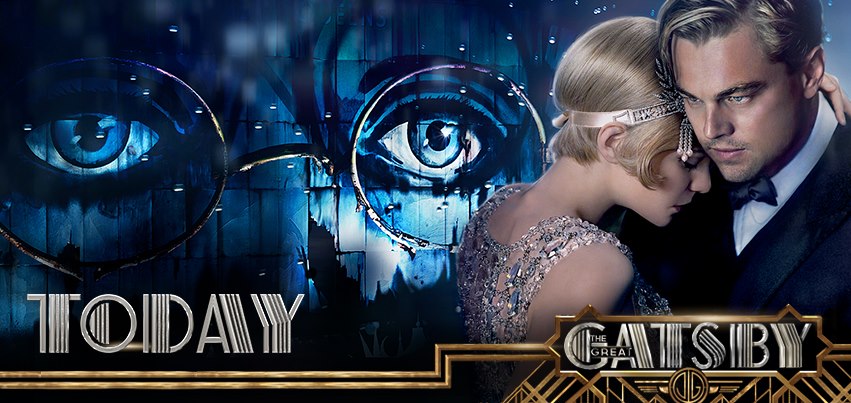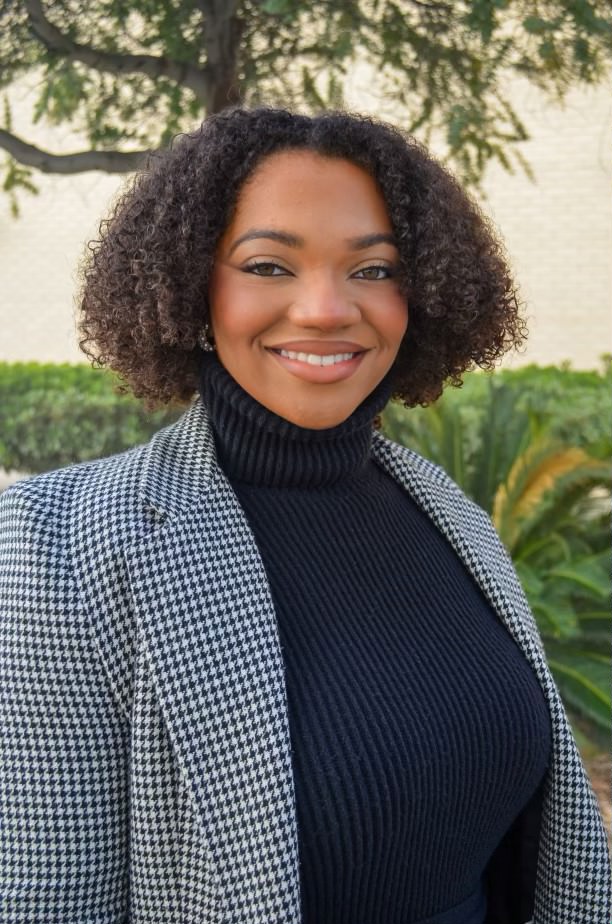Staff Writer
Among the several highly anticipated movies that premiere this May, Baz Luhrmann’s adaptation of F. Scott Fitzgerald’s classic novel “The Great Gatsby” hit theaters on Friday, meeting a hailstorm of expectant long time fans and critics.
The film follows Nick Carraway (played by Tobey Maguire), a young bondsman in the 1920’s who travels to New York to seek his fortune on Wall Street, but finds the people of this time and place utterly repulsive. The one exception to his disdain is his neighbor Jay Gatsby (Leonardo DiCaprio) who has built himself a reputation as a wealthy eccentric in order to win back the affection of his lost love, Daisy Buchanan (Carey Mulligan).
If one thing can be said for this movie it’s that “The Great Gatsby” is very true to its source. Much of Fitzgerald’s original language is preserved in the narration by Nick throughout, and the novel’s famous symbols are highly emphasized in Baz Luhrmann’s traditional off-beat style.
As always Luhrmann takes stylistic choices to a whole new level in “Gatsby” with cinematography reminiscent of his work in “Moulin Rouge” and a modern selection of music which effectively draws a parallel between the debauchery of the Roaring 20’s and the current day. Beyond these choices, however, there lurks in Lurhmann’s creative vision the nagging sense that he should have been a television director. Parlor tricks such as heightened color saturation are more suited to the small screen where attention spans are shorter and storylines are secondary to aesthetics.
Points must be awarded to Lurhmann, however, for exceptional casting decisions. Maguire has the right amount of innocence and optimism inherent in his wide-eyed country boy face which therefore becomes seriously concerning when he is turned cynical and disenchanted by the world exposed to him. Perhaps more importantly Maguire is able to get out of the way, quietly observing and relating the story he witnesses in a way that is crucial for his character.
DiCaprio plays an affable, gentlemanly Gatsby, flawlessly transitioning to the frantic obsessive when called upon while balancing the lover in Gatsby, as of course the world knew he could ever since he played opposite Kate Winslet in “Titanic” back in 1997. On the surface Jack Dawson and Jay Gatsby are essentially poor boys pretending to be rich men, but Gatsby as written by Fitzgerald is so much more than that, and DiCaprio reflected that in his portrayal.
Carey Mulligan, who many remember from her role in one of “Doctor Who’s” most celebrated episodes, “Blink,” was a perfect fit for Daisy. Beautiful and outwardly untouched by the world, Mulligan achieved a subtly apparent front of carefree purity while hinting at the discontent lurking beneath her socially requisite pleasantries.
Joel Edgerton was a sufficiently despicable Tom Buchanan, Elizabeth Debicki’s Jordan Baker was an unobtrusive vehicle for storytelling, Amitabh Bachchan made for an appropriately unsettling Wolfsheim, and Isla Fisher somehow made Myrtle Wilson oddly sympathetic. All in all, each actor contributed the dynamic necessary in his or her character, which successfully conveyed the message of the movie.
It should be noted, however, that this is not a story of mindless entertainment. “Gatsby” has its moments of humor, of romance and of tragedy but the real value of the movie is promoting contemplation. The characters are not wholly unredeemable, but none of them is irreprehensible either. Truly the tragic ending is colored by the fact that each character affected by the unfortunate circumstance is somewhat guilty of executing its inception (no pun intended). While not entirely cathartic, “Gatsby” is a movie that intends to force its audience to consider issues such as greed, moral ambiguity and one’s failure to live in the present in favor of past joys.
If you’re looking to get behind a hero, there isn’t one. If you’re looking for a true and lasting love story, this isn’t one. If you’re looking to question human nature and examine your own life, “The Great Gatsby” will not disappoint.





